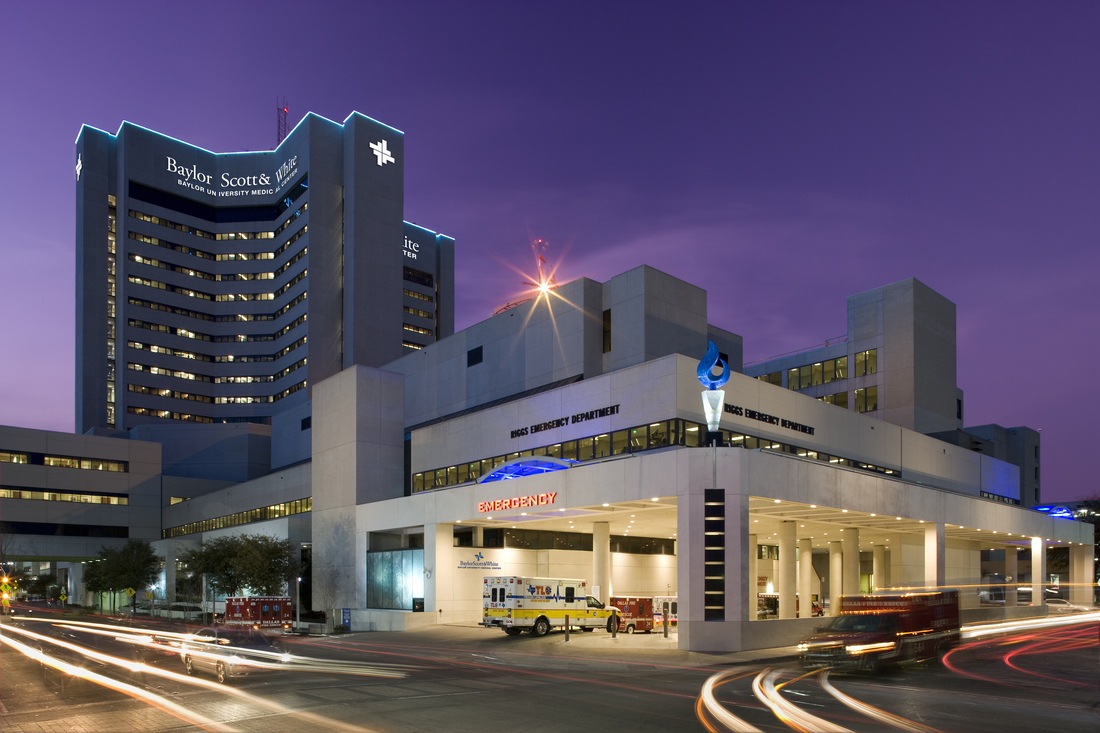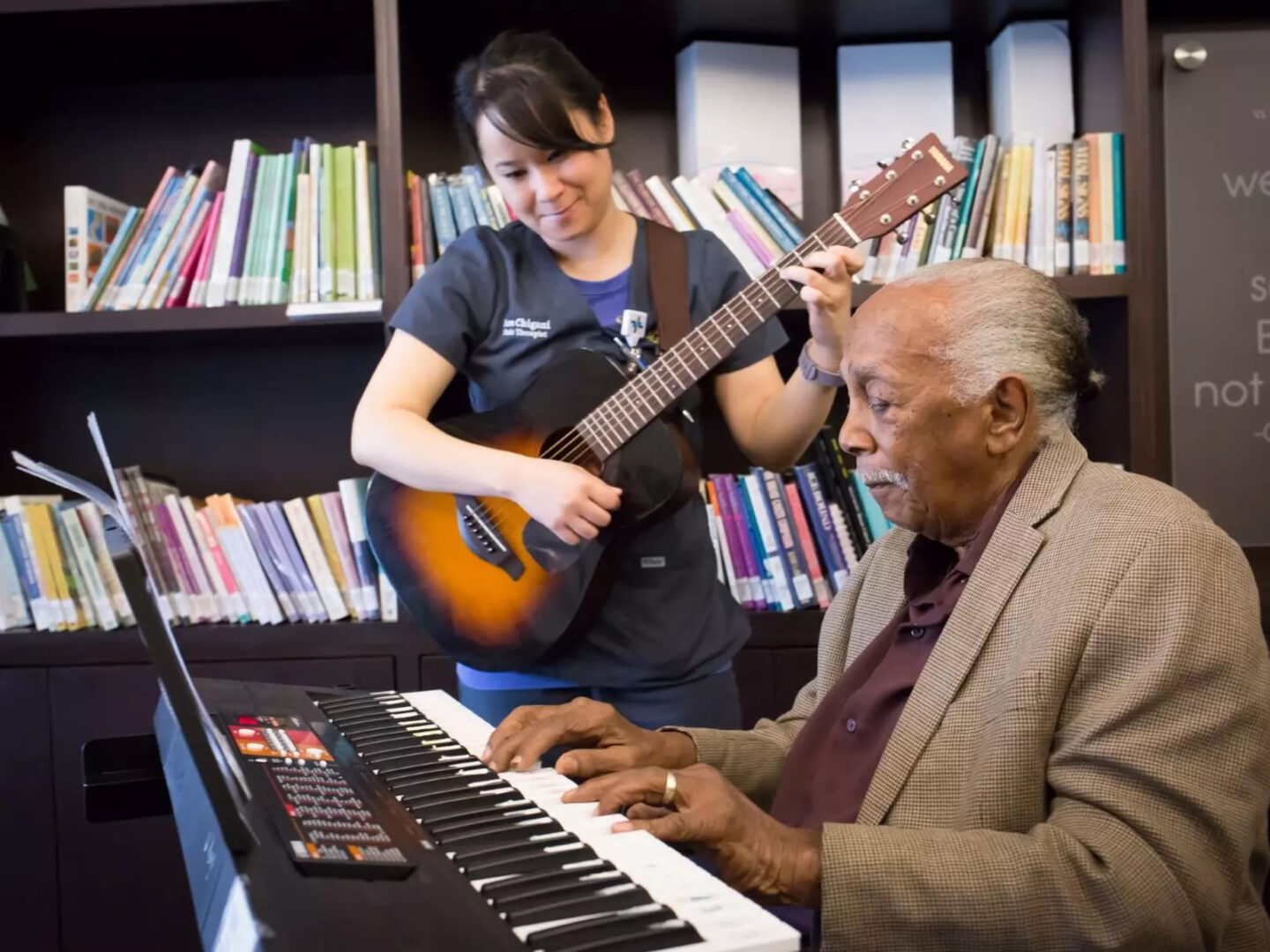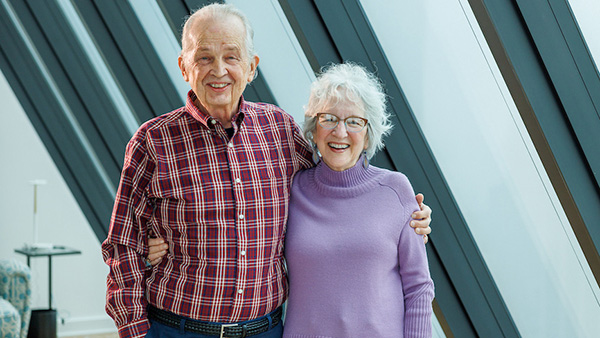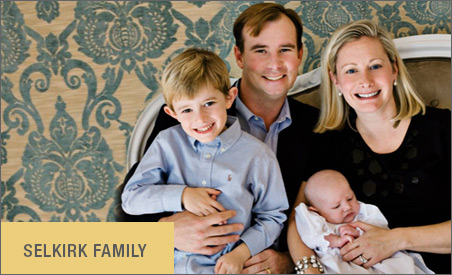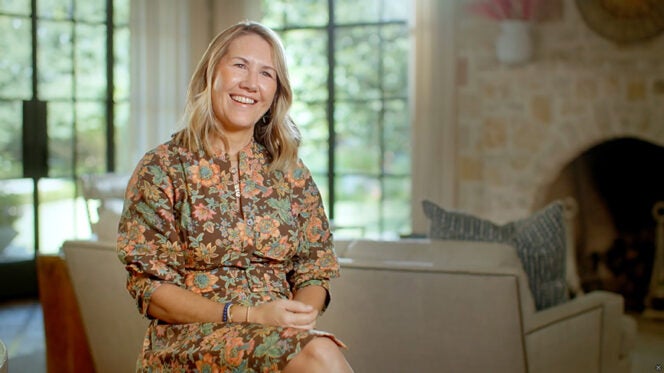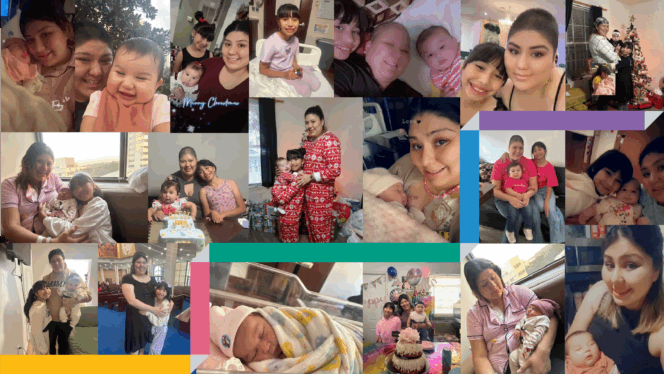For patients battling metastatic, triple negative breast cancer (TNBC), one of the most aggressive forms of the disease, options are often limited. In fact, enrollment in many clinical trials excludes patients who have received other treatments, ruling out a number of patients with fleeting hope.
Research is always marked by phases of progress and setbacks, and Joyce O’Shaughnessy, M.D., physician on the medical staff at Baylor Dallas and the holder of the Celebrating Women Chair in Breast Cancer Research, has worked tirelessly to help move the research and treatment options for these patients, forward.
Amy’s Story
In January 2011, Amy Selkirk was a 38-year-old healthy wife and mother, a nurse practitioner who had temporarily “retired” from her professional work to raise her small children, ages 2 and 7. That month, only weeks after a clean mammogram report, Amy found a lump in her breast. Her discovery led to the diagnosis of a rapidly growing, aggressive breast cancer defined as TNBC. Chemotherapy given before surgery proved ineffective; Amy’s course of treatment continued with a mastectomy and chest wall radiation.
Throughout the summer of 2011, Amy continued to fight her disease with the faith, knowledge and encouragement given to her by Dr. O’Shaughnessy, her oncologist. In spite of all treatments, Amy’s cancer spread to her lungs, liver, and bones, and sadly, Amy lost her battle with breast cancer a year after her initial diagnosis.
In Amy’s honor and memory, a fund for advancing breast cancer research has been established at Baylor Health Care System Foundation: the Amy Selkirk Breast Cancer Research Fund.
Launching Amy’s Legacy
The first research project supported through the Amy Selkirk fund was to evaluate if a vaccine using a patient’s own dendritic cells would be effective against a deadly form of TNBC that is unresponsive to standard therapies.
The trial completed enrollment of 10 patients with TNBC, and as of May 2018, 6 of the 10 patients have no evidence of disease more than 3 years after diagnosis. The potential value of the vaccine will not be fully determined until every patient has completed their three-year enrollment in early 2019.
Turn Hope Into Cures
Despite some promising preliminary data from the trial, Dr. O’Shaughnessy realized that we still need more solutions for those whose TNBC is unresponsive to chemotherapy and these immunotherapy treatments, like her patient “Jane Doe.”
Over 5 years of various personalized treatments, Jane had six recurrences of TNBC. During one of her last recurrences, Jane was hopeful when she was enrolled in a clinical trial for a new drug, BEZ 235. Although she initially responded to the medication, her breast cancer returned and she discontinued treatment in the trial.
Dr. O’Shaughnessy began treating Jane with a new chemotherapy regimen. Jane’s breast cancer had not previously responded to this type of treatment, but they were not giving up hope. To their surprise, Jane had what is called a “durable complete response” and has now been cancer free for more than 5 years.
The question Dr. O’Shaughnessy asked was, “What changed? Why was this patient, who previously had unsuccessful responses to chemotherapy, now an exceptional responder?”
She hypothesized that, although the drug Jane had taken in her last clinical trial did not cure her cancer, something about it sensitized the cancer cells and made the chemotherapy more effective.
Since the trial using BEZ-235 had been discontinued, Dr. O’Shaughnessy set out find a drug with similar mechanisms that would impact cancer cells in the same way. The drug she found, Bortezomib, is FDA approved and already used for the treatment of multiple myeloma.
Giving Opportunity: Donate to Breast Cancer Research
Learn how you can support breast cancer research at Baylor University Medical Center.
